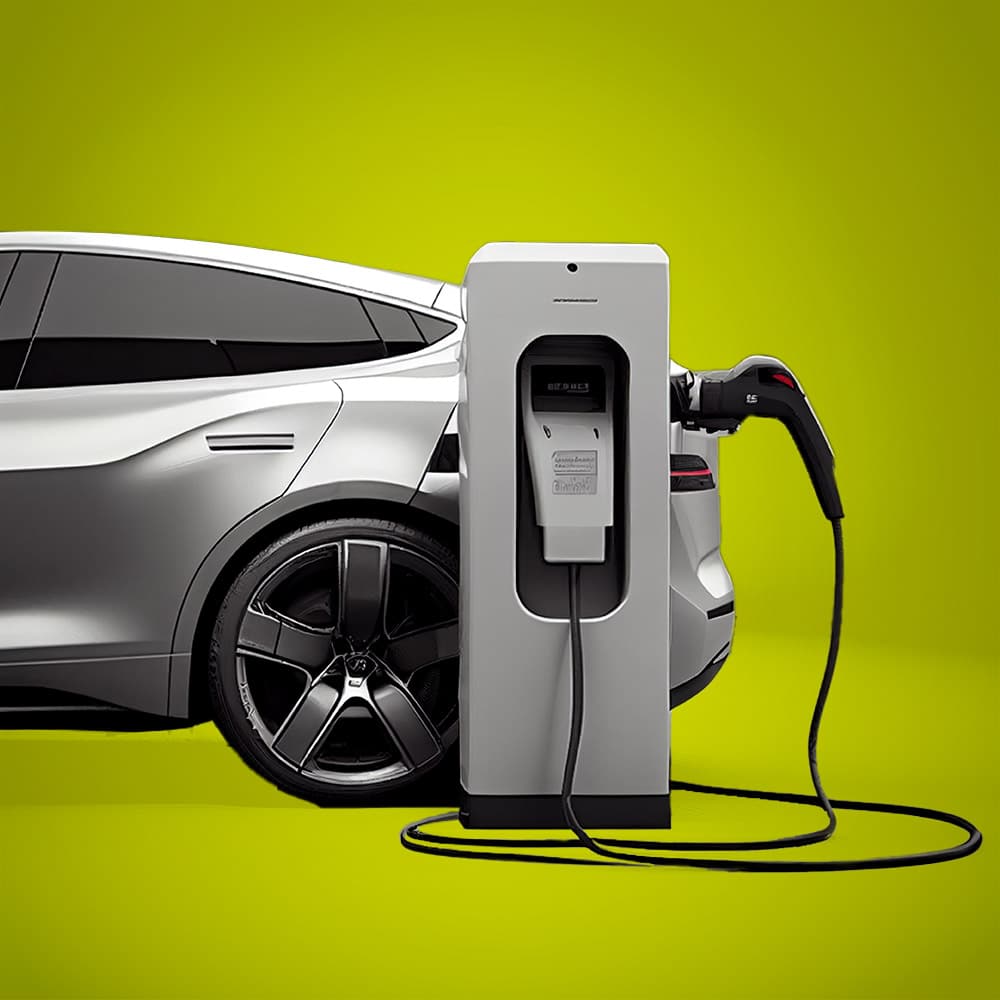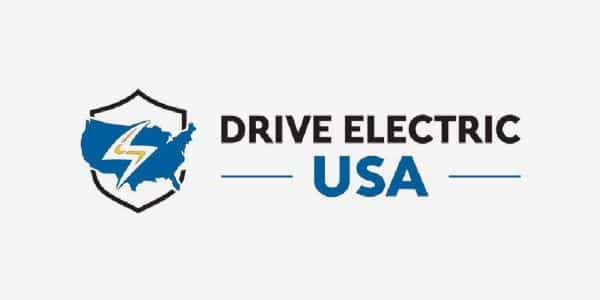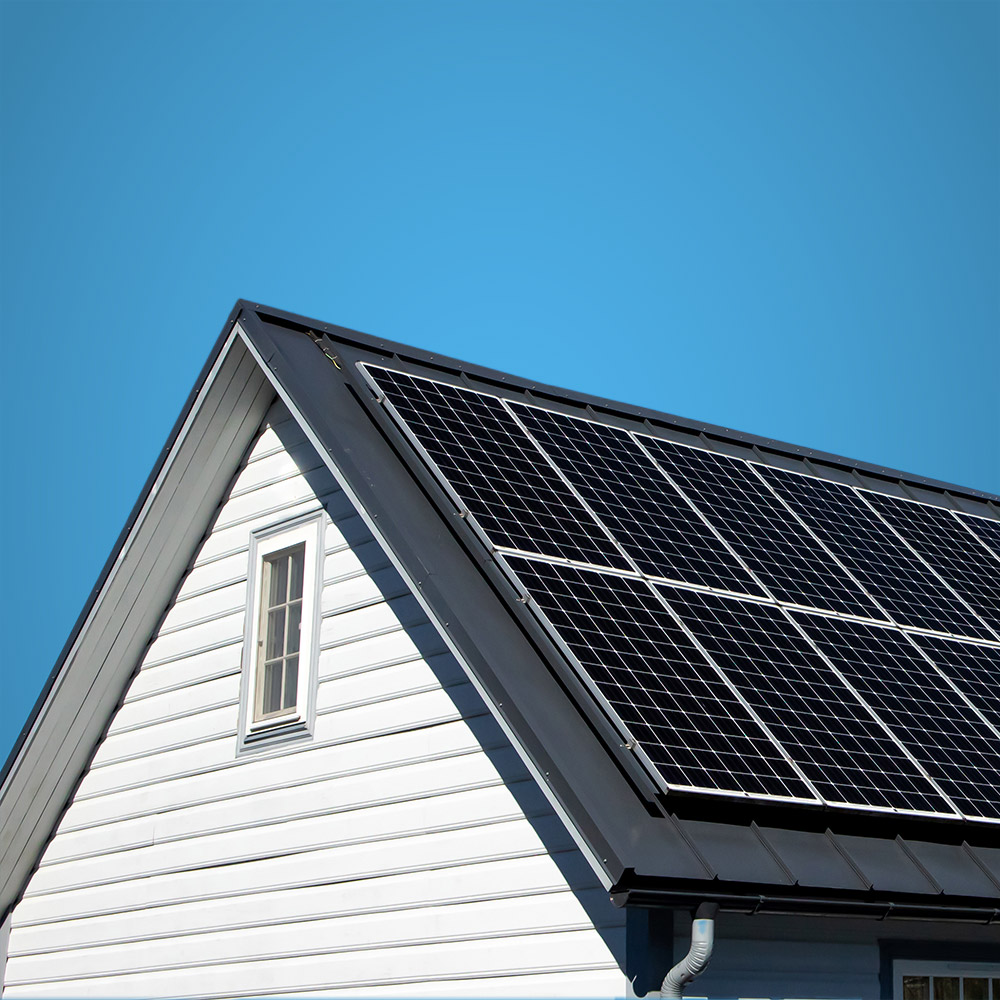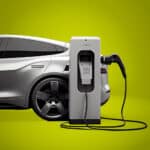ELECTRIFY YOUR LIFE
Electrify Your Ride
Make the switch to an electric vehicle.

The Opportunity
Electric Vehicles are the future. Today, they’re more fun to drive, save money over time with reduced cost of ownership, and have zero tailpipe emissions.
There are so many reasons to make your next ride electric. Electric vehicles require less maintenance and save you money over time.
Plus, they’re quiet and fun to drive, improve your community’s air quality, and are an impactful way for you to take part in America’s transition to clean energy. Whether you’re planning to buy a new or used car in the next week or the next five years, make it electric.

Sign the “Going Electric” Pledge!
The National Going Electric Pledge encourages individuals across the country to commit to making their next car electric, accelerating America’s commitment to and awareness of electric vehicles.

Become an EV Ambassador in your community and workplace.
It’s no secret that the most effective advocates for electric cars are EV owners themselves. That’s why Gen180 wants to inspire and equip owners like you to make an even bigger impact as you drive awareness and adoption of EVs in your neighborhood, community, and workplace.
Join Our Electrify Your Ride Event Series
Join Generation180 each month as we learn about electrifying transportation. These events are fun and informative (no boring power points in sight) and you might even be inspired to make your next car an electric vehicle! These online events are open to EV owners, EV advocates, and the EV curious alike.

Our Partners

Generation180 is a member of DRIVE Electric USA, a group of diverse stakeholders, including Clean Cities Coalitions from fourteen states, original equipment manufacturers, and other committed partners. DRIVE Electric USA works to develop state-based programs to engage individuals, utilities, legislators, and dealerships toward removing adoption barriers and accelerating plug-in electric vehicle use.

Generation180 is proud to be a Friend in support of Forth, whose mission is to accelerate the use of smart transportation to move people and goods in a more efficient, cleaner, and equitable way.

Generation180 is a member of the Towards Equitable Electric Mobility (TEEM) Community of Practice. TEEM consists of a peer-to-peer community of advocates to share policy goals, build capacity, and develop a mutual commitment towards advancing racial equity in electric mobility and climate change goals.

Generation180 is a member of the Global Electric Vehicle Alliance (GEVA), a network of national electric drivers’ associations from around the globe. GEVA facilitates global collaboration on best practices, policies, education, and other EV related initiatives.

Generation180 and REVERB.org have partnered on Dave Matthews Band’s 2023 Summer Tour in a commitment to launch the National Going Electric Pledge campaign to inspire all Americans to make their next vehicle electric.
















